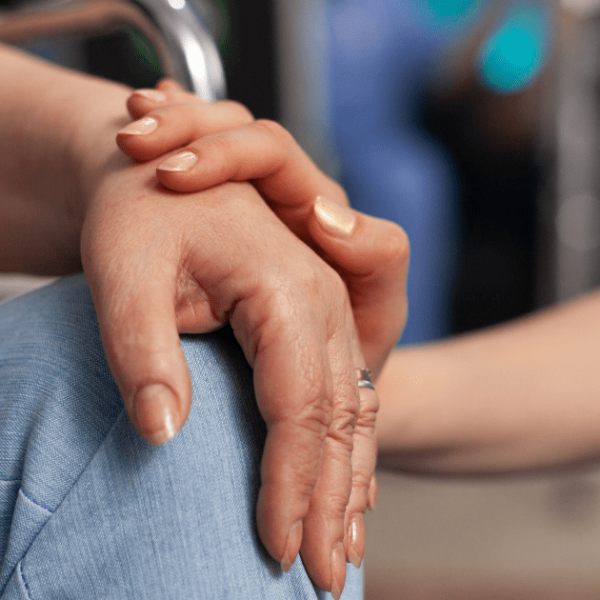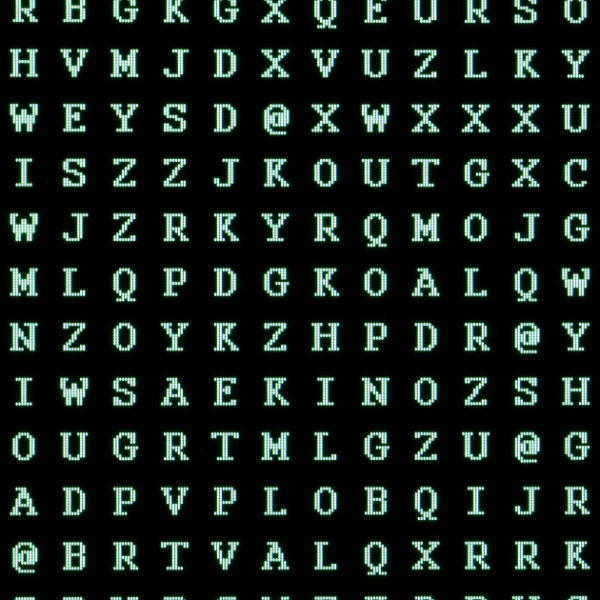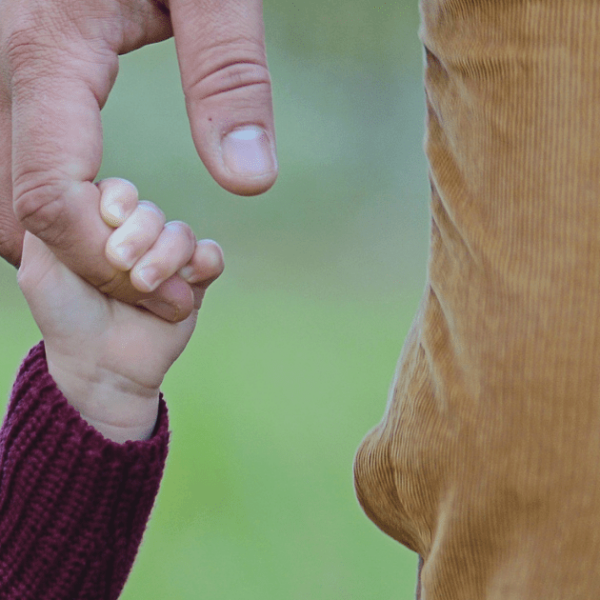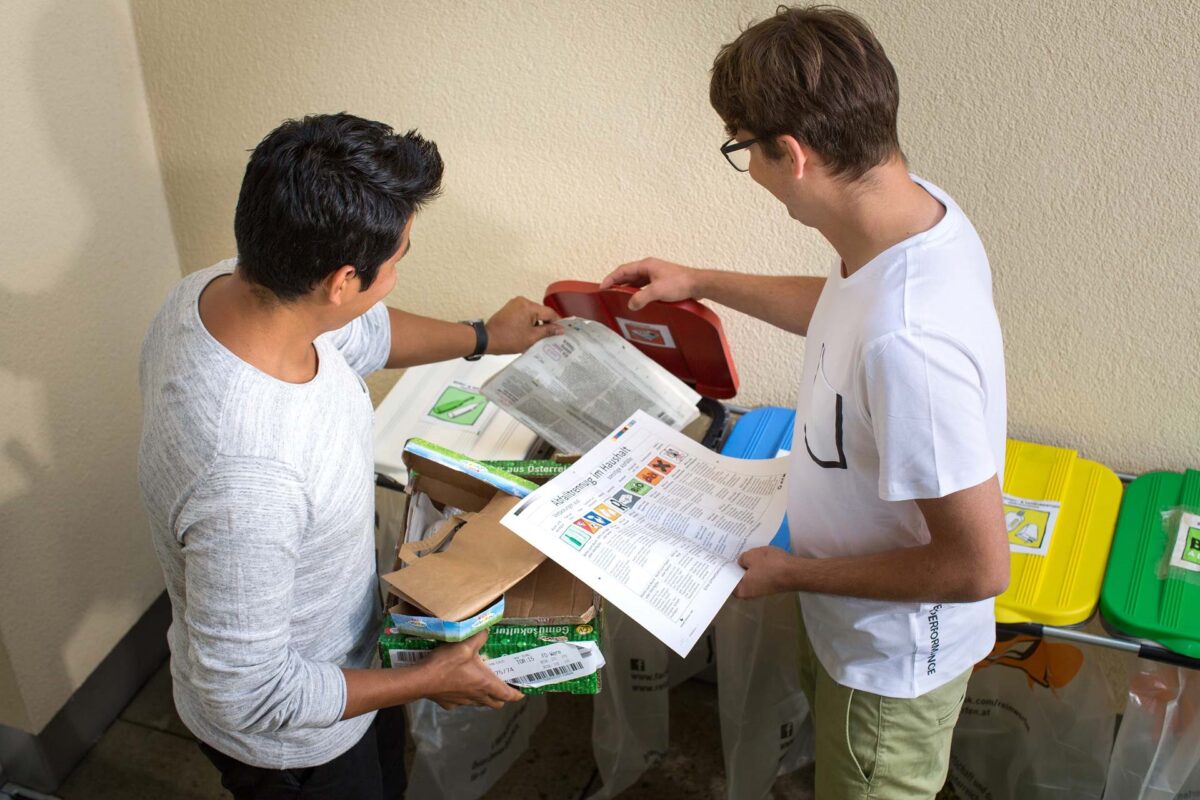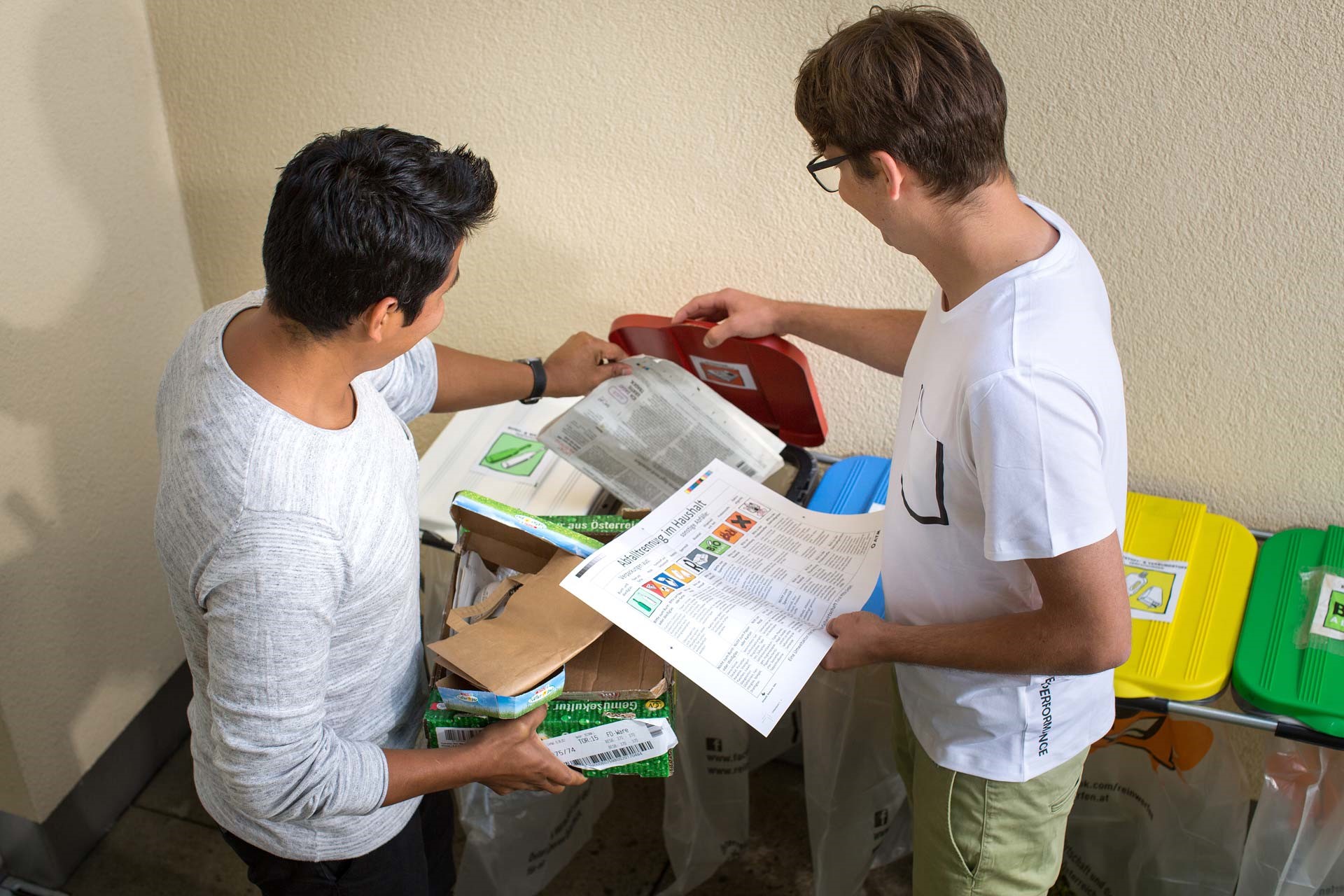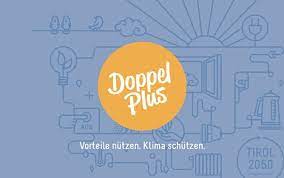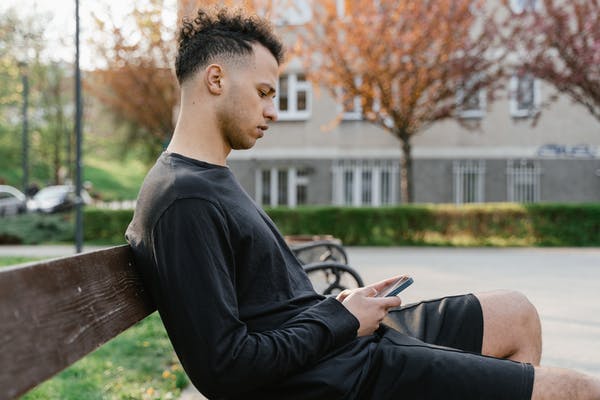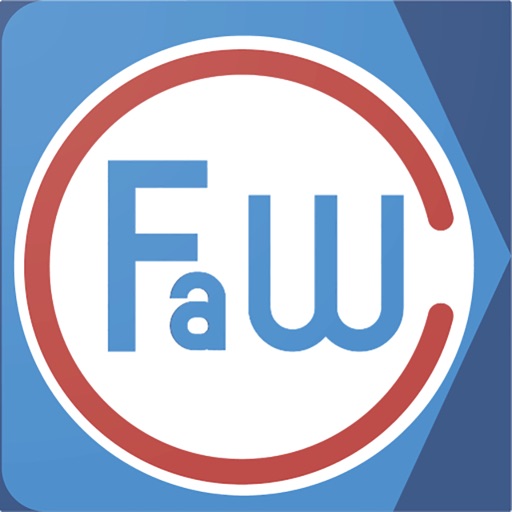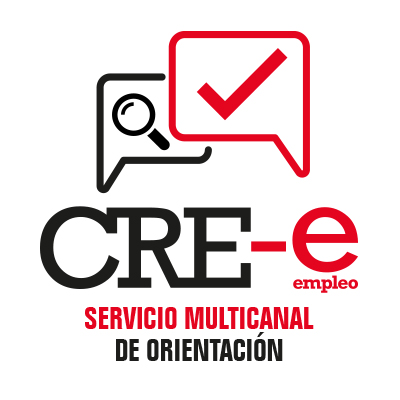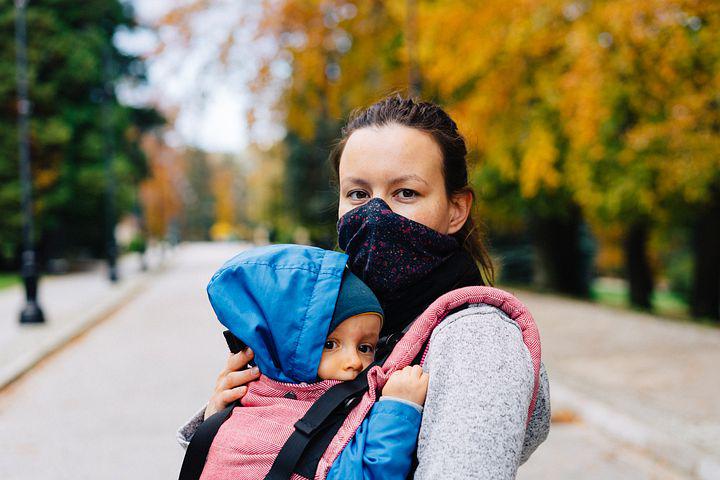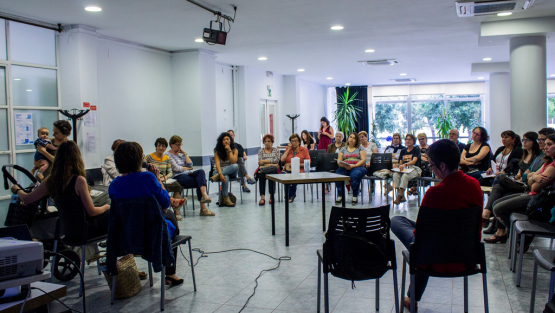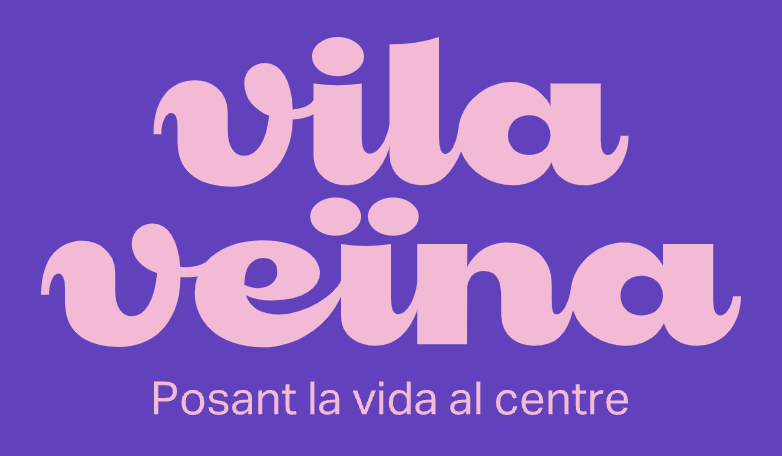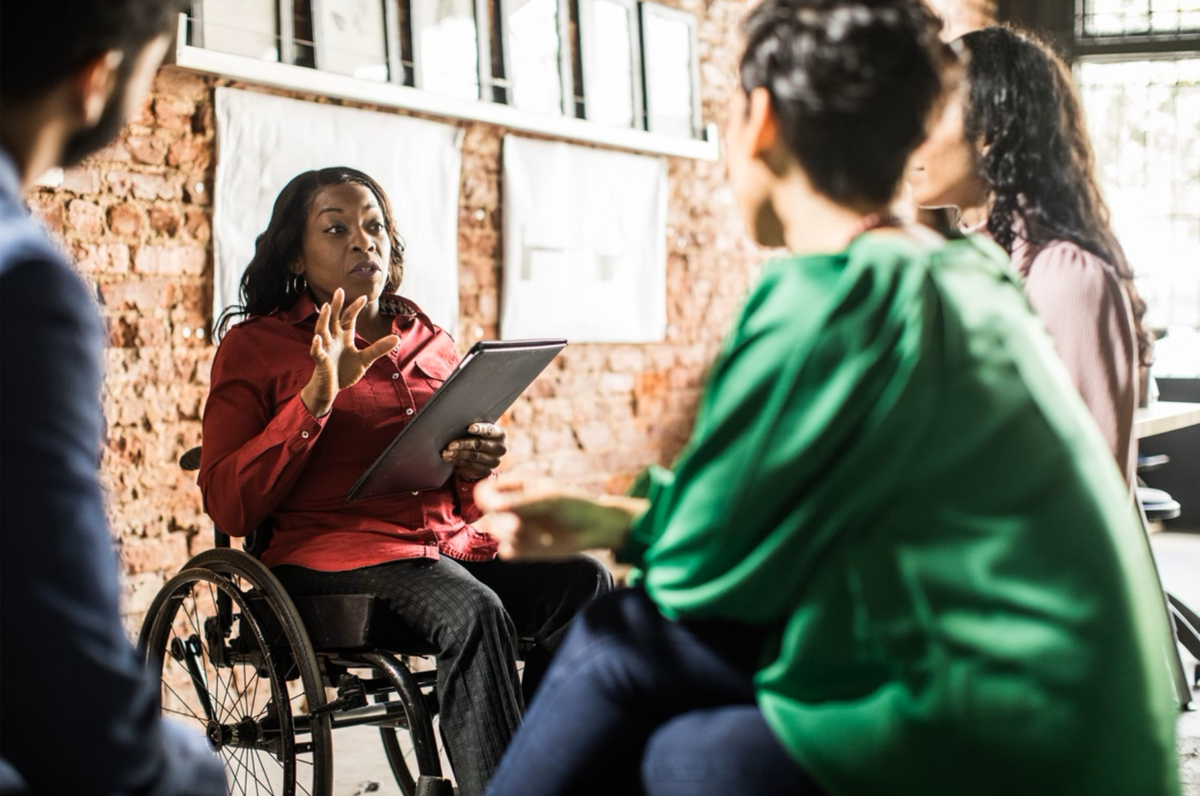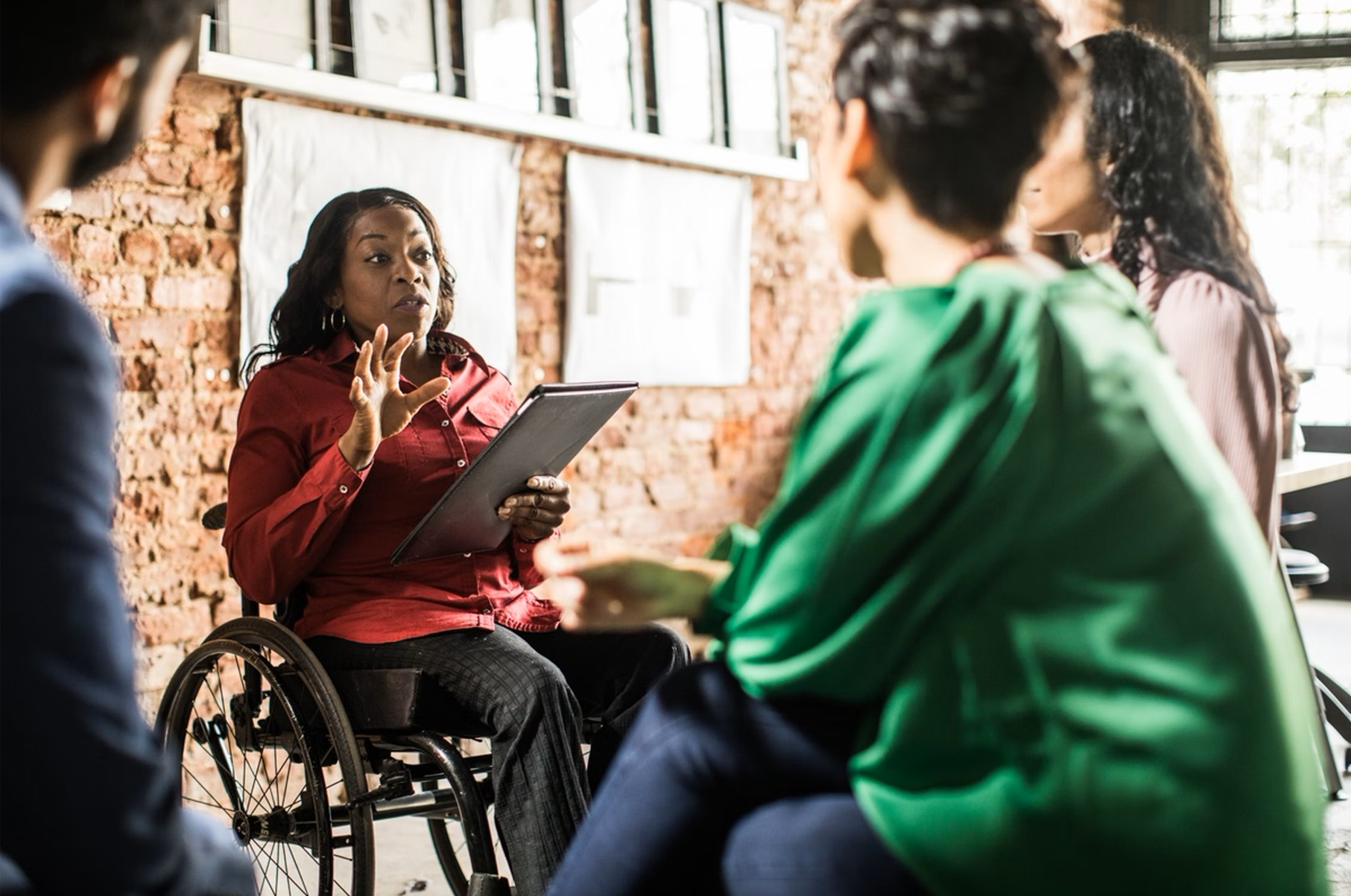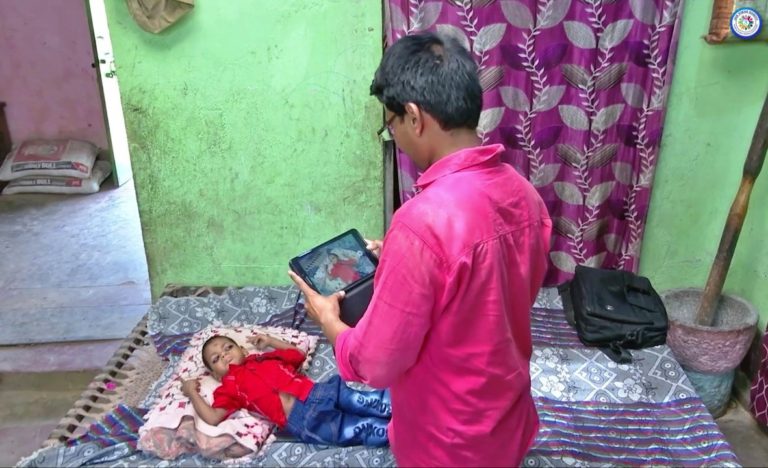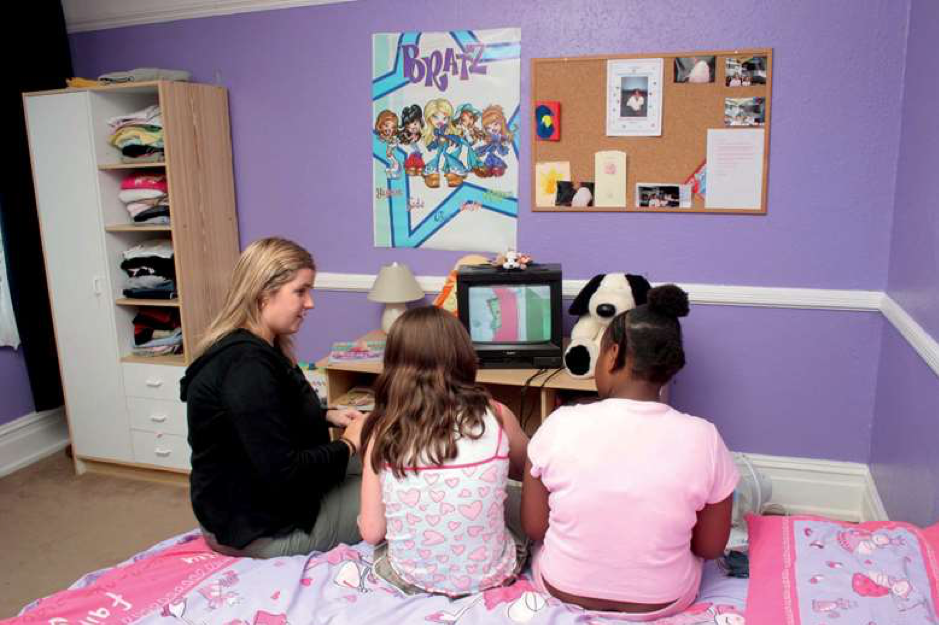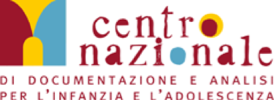Talking Mats, a visual communication tool for people with communication difficulties.
Talking Mats, a visual communication tool for people with communication difficulties.
Talking Mats
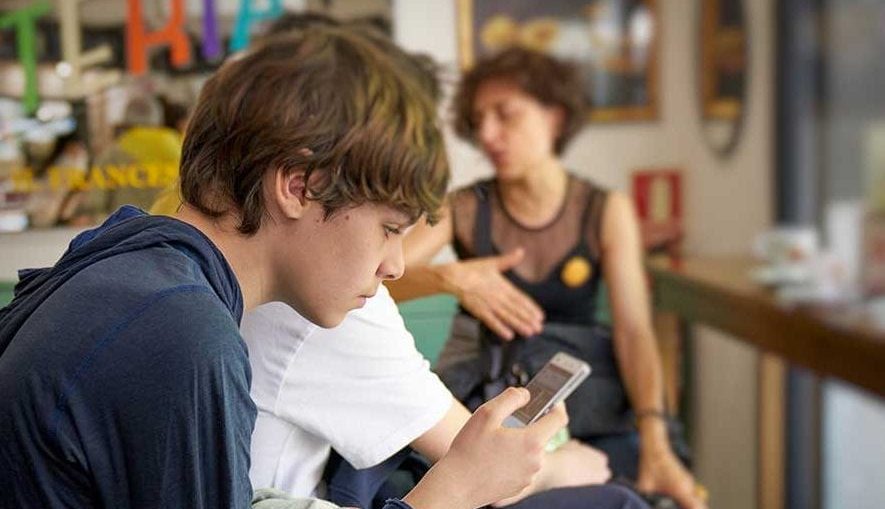
Talking pad that facilitates communication for people with communication difficulties (dementia, autism and brain injuries, among others). It is a versatile resource that allows to increase the communicative capacity in an effective and innovative way.
The tool works with three sets of communication symbols and images. First, there are thematic cards that define the topic of discussion, e.g., home life. Secondly, there are option cards within this, such as pets, or household cleaning. Finally, the Likert scale is provided, a rating scale that allows you to place yourself between three points: good, bad, and somewhere in between. Once the three sets of symbols have been presented, the participant can say how he/she feels about each card, placing it on the scale and with the possibility of moving them if there is a change of opinion. In addition, the tool is available in physical and digital format.
The project has an impact on various social sectors, especially education, social and health care and justice. At the educational level, children can express their feelings, visions and aspirations, i.e. have a voice with an impact. At the socio-health level, a framework for decision making and support in planning and self-management of needs is provided. It is important to take into account the wishes of each individual. In the field of justice, Talking Mates allows to open conversations on various topics, providing a structure that allows the expression of what is important and the comparison of various points of view.
It is a tool for thought and expression, with the aim of reducing the impact of communication difficulties for the people who use it. Talking Mates supports comprehension by allowing the processing of concepts through the breakdown of information, giving time to respond and reducing memory requirements. In addition, the quality of the information is improved by giving control to the respondent and providing a structured framework for open-ended questions.
Characteristics of innovation
Localization
UK
Partners / Funders
Talking Mats
Genesis
In 1998 Joan Murphy conducted a study analyzing interactions between people with cerebral palsy using high-tech communication tools. The study showed that these people did not have the necessary vocabulary or the ability to express their opinions and, therefore, Murphy thought of developing a visual framework that would allow this expression and reflection.
It was with this intention of improving communication that Talking Mates began to be developed in 2011.
Level of implementation
Since the project began in 2011, the tool has been used by more than 14,000 people in over 40 countries. The flexibility and creativity of Talking Mates has allowed it to be used both digitally and physically.

Banc d’innovacions

